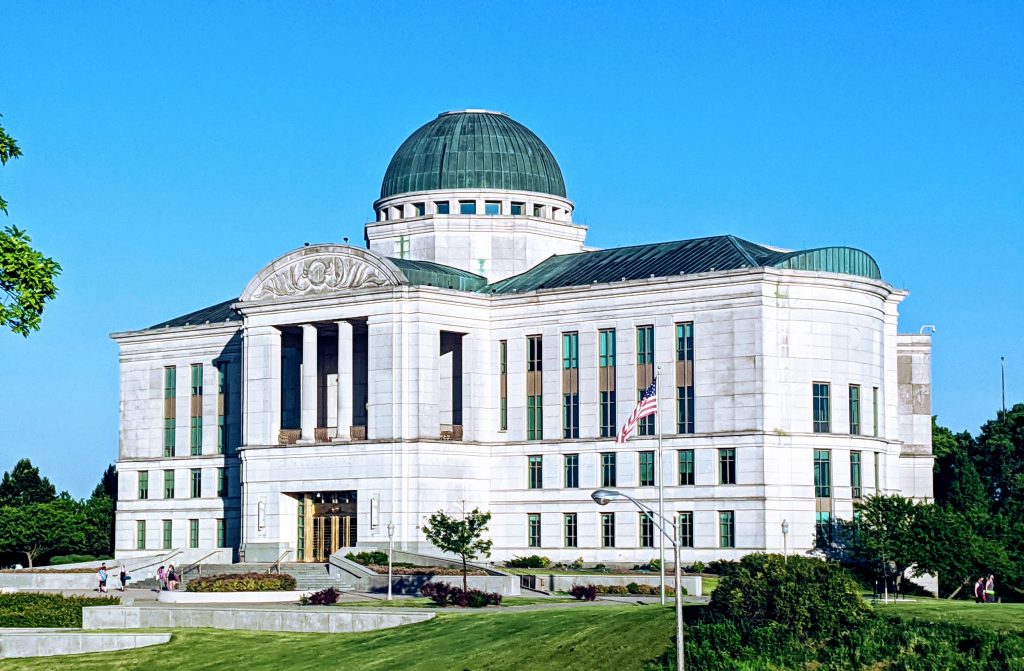
DES MOINES – The Iowa Supreme Court has issued a statement on legislative redistricting, which is set for this year.
Redistricting must occur every ten years. 2021 is one of those years. The Iowa Constitution gives the primary responsibility for reapportionment of legislative districts to the general assembly. The general assembly has adopted a nonpartisan redistricting law to perform this task. See Iowa Code ch. 42.
Under the Iowa Constitution, the supreme court has responsibility for reapportionment of legislative districts only if the general assembly fails to enact a reapportionment before September 15 of the redistricting year. Specifically, the Iowa Constitution provides,
“The general assembly shall in 1971 and in each year immediately following the United States decennial census determine the number of senators and representatives to be elected to the general assembly and establish senatorial and representative districts. The general assembly shall complete the apportionment prior to September 1 of the year so required. If the apportionment fails to become law prior to September 15 of such year, the supreme court shall cause the state to be apportioned into senatorial and representative districts to comply with the requirements of the constitution prior to December 31 of such year.”
Unfortunately, this year, it appears that the U.S. Census Bureau will not deliver redistricting data to Iowa in time for the general assembly to meet the foregoing constitutional deadline. If that occurs, responsibility for redistricting will fall to the supreme court.
The supreme court has received inquiries about what it will do if the constitutional deadline is not met and the supreme court must “cause the state to be apportioned into senatorial and representative districts.”
Because the supreme court is a court, the supreme court generally does not comment publicly on matters that may come before it or that may be the subject of possible litigation. The supreme court also does not commit to a position it will take on a matter before that matter is before it. Courts adhere to these practices in order to assure fairness to parties.
Nevertheless, because of the considerable public concern surrounding the redistricting process, and because the court is aware that other state supreme courts have issued orders relating to redistricting, the supreme court has decided to make a statement concerning its tentative plans.
If the general assembly is not able to meet the constitutional deadline, the supreme court tentatively plans to meet its constitutional responsibility by implementing a process which permits, to the extent possible, the redistricting framework presently set forth in Iowa Code chapter 42 to proceed after September 15. Under such a process, the supreme court would “cause the state to be apportioned into senatorial and representative districts to comply with the requirements of the constitution prior to December 31.”
Legally and constitutionally, the supreme court cannot commit to a future course of action beforehand. Thus, the statement herein should not be considered legally binding. Additionally, at the present time, the supreme court does not anticipate answering additional questions or making further statements on the subject of redistricting.








